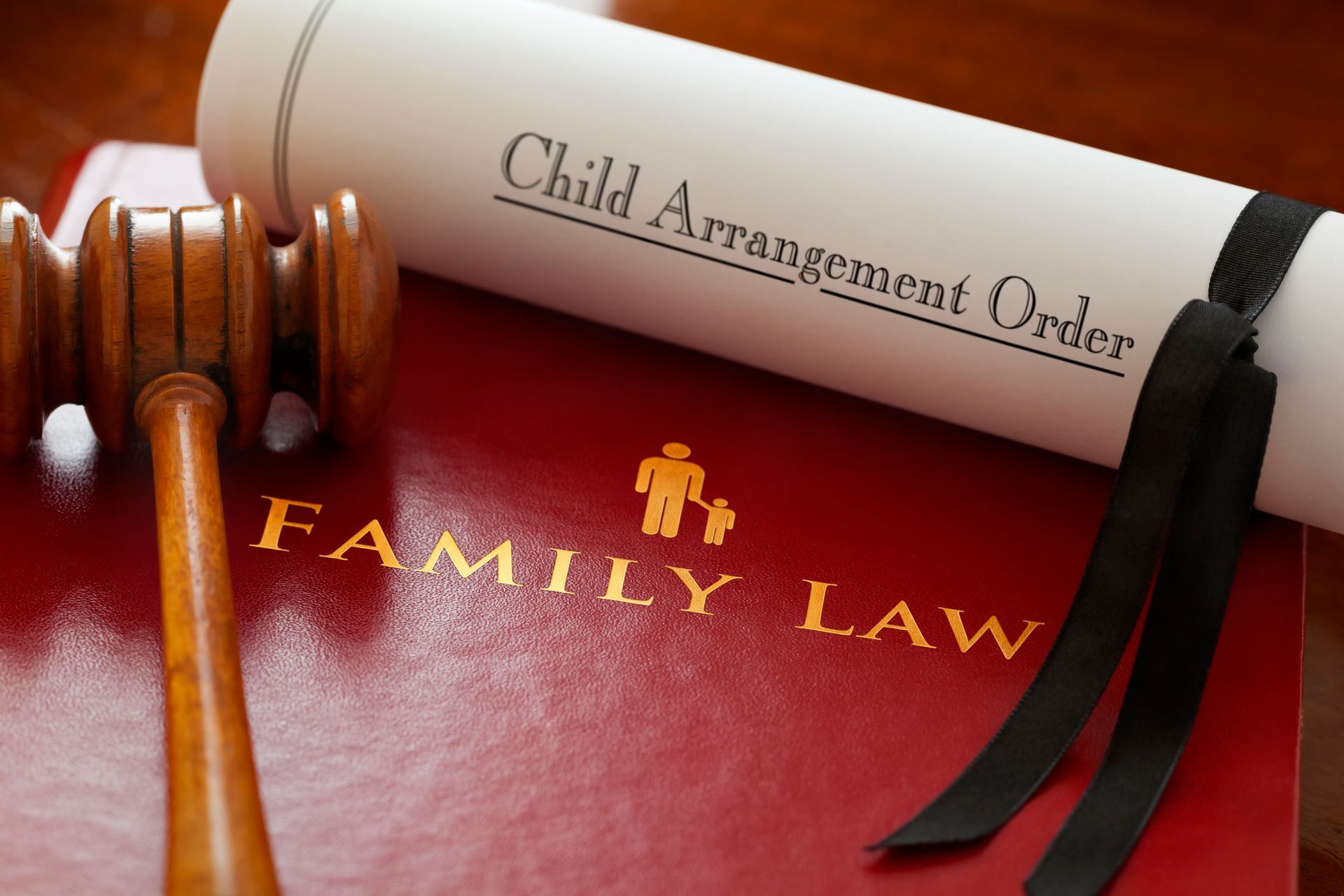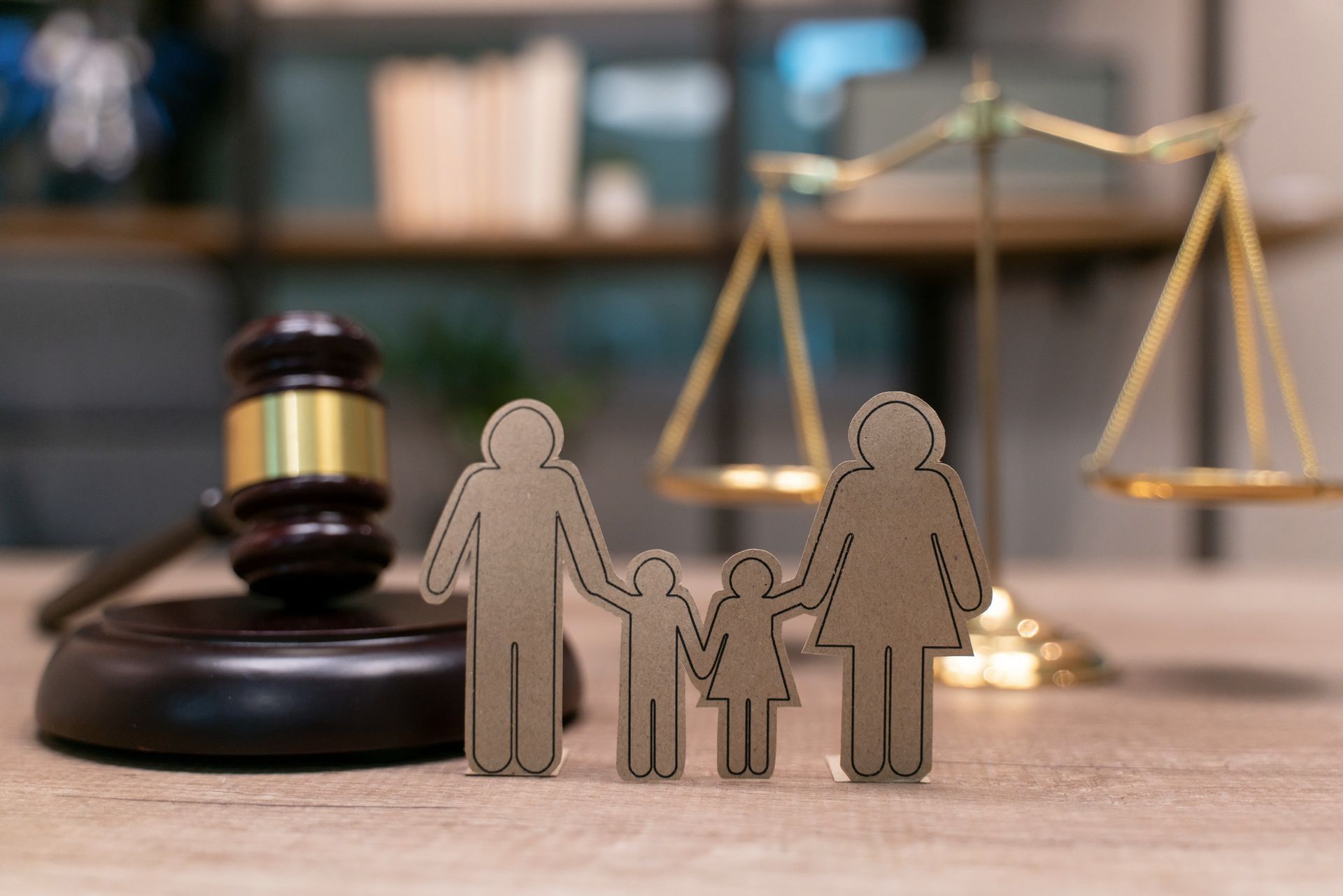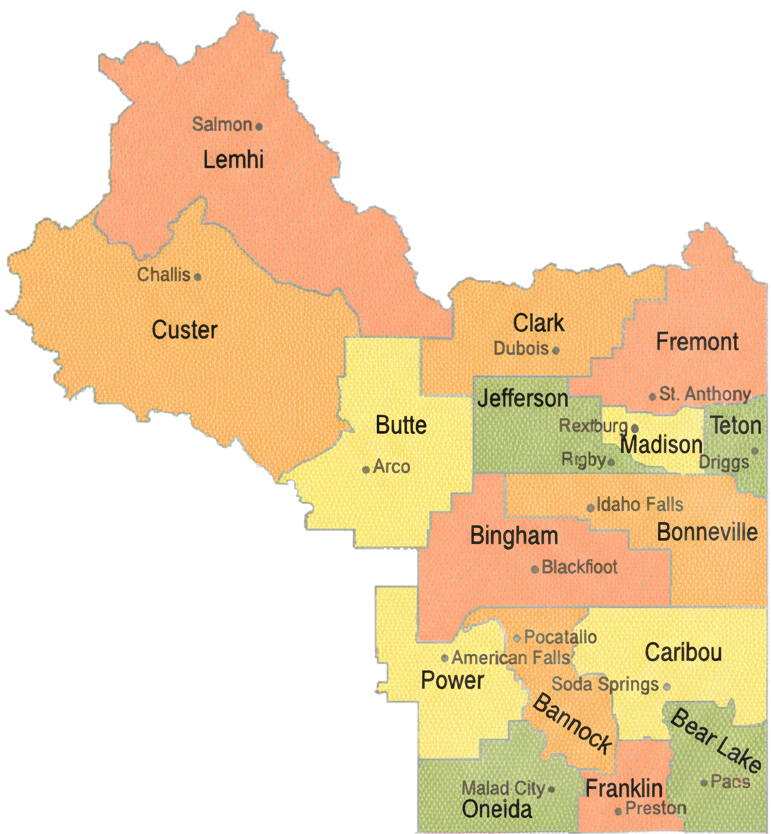When Juveniles Are Charged As Adults: What All Idaho Parents Need To Know
Laws in all 50 U.S. states and Washington D.C. allow some minors under the age of 18 to be tried as adults instead of juveniles after they have committed certain crimes.
While these laws vary from state to state, some states require the mandatory transfer of a juvenile criminal case to an adult court when the child commits a specific crime on a must-transfer list. Other states allow a judge or prosecutor to order that a juvenile offender be tried in adult court if they have a lengthy juvenile criminal record and past attempts to rehabilitate the minor within the juvenile justice system have failed.
Read on to learn more about the transfer of juveniles into the adult court system in the state of Idaho, including state laws governing this process, the advantages and disadvantages of this transfer, and more.
Idaho Mandatory Adult Court Transfer Laws
In the state of Idaho, children between the ages of 14 and 17 who are charged with committing one or more of nine specific crimes face automatic transfer to adult court.
These crimes include murder; rape; robbery; mayhem; forcible sexual penetration with a foreign object; infamous crimes against nature, which may include sexual abuse of a child or animal; assault or battery with intent to commit one of the crimes already mentioned; aggravated arson; and the manufacture or distribution of narcotics within 1,000 feet of a school.
However, a prosecutor does have the discretion to transfer other juvenile cases to adult courts in some other additional instances.
How Adult Court Differs From Juvenile Court
When a juvenile court transfers a criminal case to an adult court, this process can benefit the accused in some ways while posing a disadvantage to them in many others.
Benefits of Adult Court Transfers
One benefit of being tried in an adult court is that the juvenile gains the right to a trial by jury. In a juvenile court, a trial by jury is typically not an option. In addition, since adult courts are typically overwhelmed with cases, a judge may be more likely to dispose of a juvenile case more quickly than a judge would in a juvenile court.
Adult courts are also open to the public, while juvenile courts are not. For this reason, a judge in an adult court setting will typically take every step they can to ensure a juvenile's sentence is as fair as possible and their hearing conforms to the rules of criminal procedure.
Disadvantages of an Adult Court Transfer
One of the main disadvantages of the transfer of a juvenile case to an adult court is that, if convicted, the court system may provide the child with a harsher sentence. While judges in juvenile court tend to impose sentences that include time in a juvenile detention center or counseling sessions, an adult court judge is more likely to sentence the juvenile to time behind bars in an adult jail or prison.
In addition, when being charged as an adult, a juvenile must typically be tried in the county where the crime was committed instead of in their county of residence, which is routine in the juvenile court system. This can lead to the juvenile's attorney and family having to travel a long distance away from home to attend the child's trial, which can be a great hassle.
How an Experienced Attorney Can Help Your Child Avoid Being Charged as an Adult
The first step you should take when your child is accused of committing any crime is to contact an experienced attorney. This attorney will first work hard to get the charges against your child dropped entirely so your child does not have to prove their innocence in any court of law.
When the prosecutor will not drop the charges, your attorney can take the necessary steps to increase the chance that a juvenile court will conduct your child’s hearing instead of an adult one.
If your child faces a charge of distribution of drugs within 1,000 feet of a school, then be aware that some Idaho prosecutors routinely reduce these drug charges to lesser ones to help keep first-time juvenile drug offenders out of the adult court system. When allowed, prosecutors also have the discretion to reduce other charges that qualify for automatic transfer to the adult court system.
For this reason, your attorney may be able to help keep your child's hearing in the juvenile court system by creating a deal with the prosecutor that involves pleading guilty to a lesser charge than the original one.
Your child's attorney can also request a reverse transfer hearing in juvenile court to prevent the transfer of a juvenile case to an adult court. During this hearing, your child's attorney will present the juvenile court judge reasons your child's case should remain in the juvenile court system.
During these trials, many attorneys convince judges that the juvenile justice system is more likely to successfully rehabilitate the child and that the child is unlikely to commit the crime again after being released from a juvenile detention center.
If you are a parent in Idaho, then you should understand when juveniles can be charged as adults in the state and how an attorney can help decrease the chance that your child will be charged as an adult. Contact the experienced attorneys at Hart Law Offices, P.C. for expert juvenile legal representation today.


















